Reflections on the Vietnam War: Don McCullin’s Harrowing Memories
In a serene house nestled in Somerset, the landscape basking in sunlight, war photographer Don McCullin reflects on his haunting experiences in Vietnam while sifting through a collection of his historical prints.
This year marks the 50th anniversary of the fall of Saigon, a pivotal event marking the conclusion of the Vietnam War, where the South Vietnamese capital came under the control of northern communist forces. At 89, McCullin’s recollections of reporting on the conflict for The Sunday Times during the 1960s and 1970s remain strikingly vivid. “I think of it every day of my life, especially at night,” he shares.
Although he missed the chaotic evacuation scene of Saigon, denied entry due to his previous photographic work, he vividly remembers the intense 12-day Battle of Hué in February 1968, where he utilized 30 rolls of film, narrowly escaping danger.
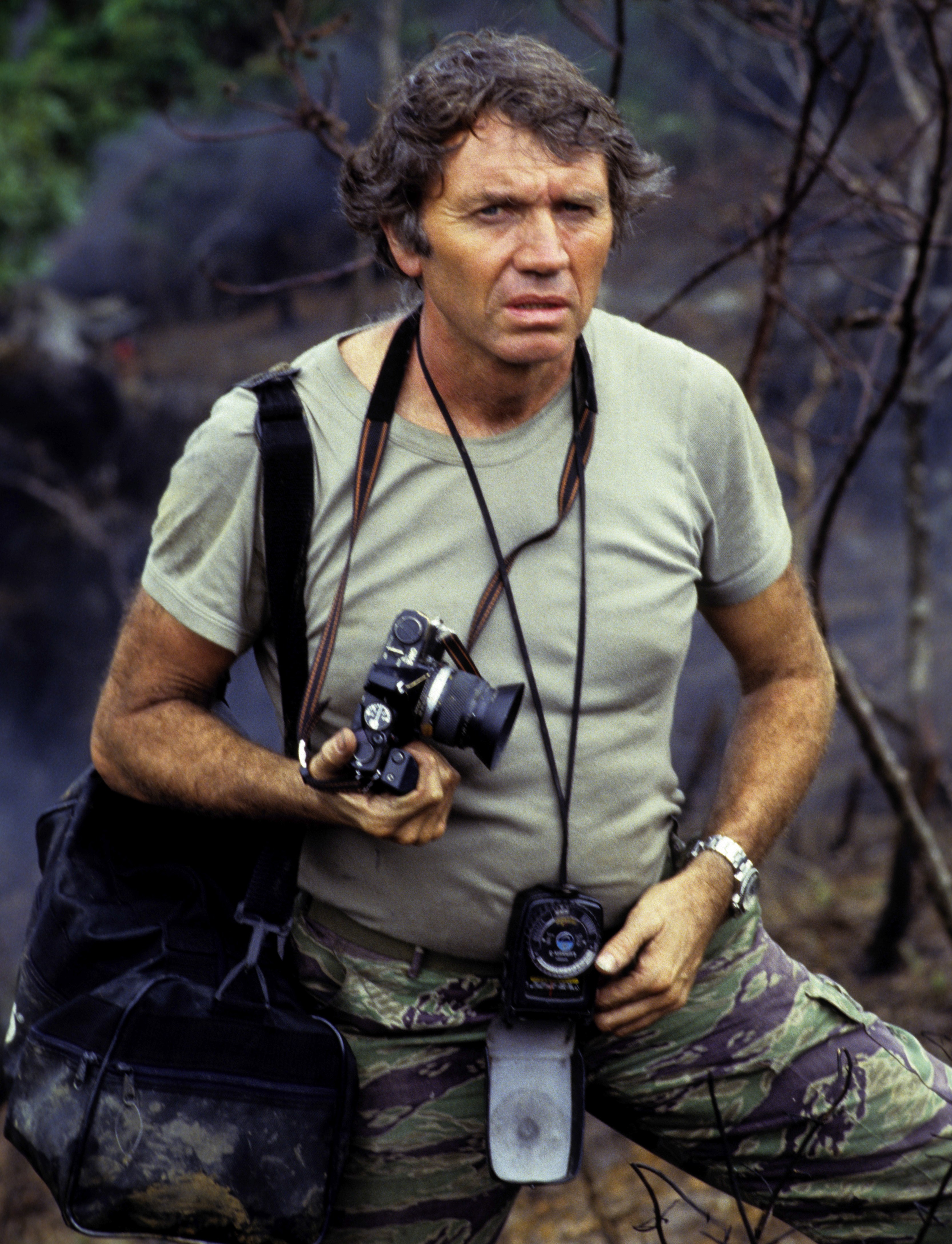
“I relive that battle continuously,” he says, staring at a well-known image of a dazed soldier. Another photo features a fatally wounded US marine: “He was shot in the chest and couldn’t be saved.” He reveals a stark image of a deceased Vietnamese soldier, noting the tragic consequences of war.
In this landscape of despair, he found moments of unexpected beauty and tenderness: a black soldier mourning over the lifeless body of a medic. “The interesting aspect of war is that amidst the horror, there are moments of profound tenderness,” he reflects.
What wisdom has he gleaned from these experiences? “There’s always another war looming before the one at hand has even begun to subside — and the sole beneficiaries are those profiting from weaponry.”
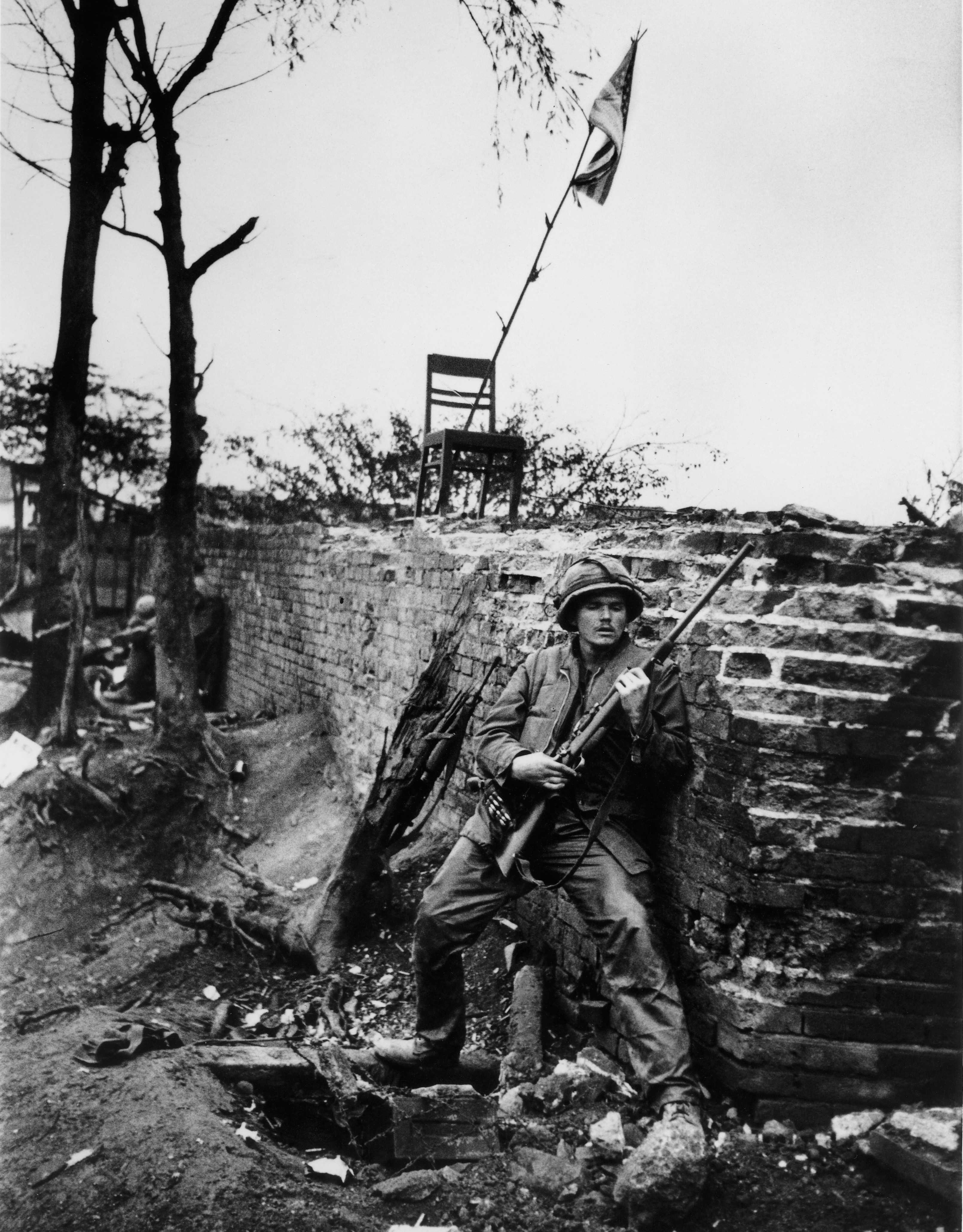
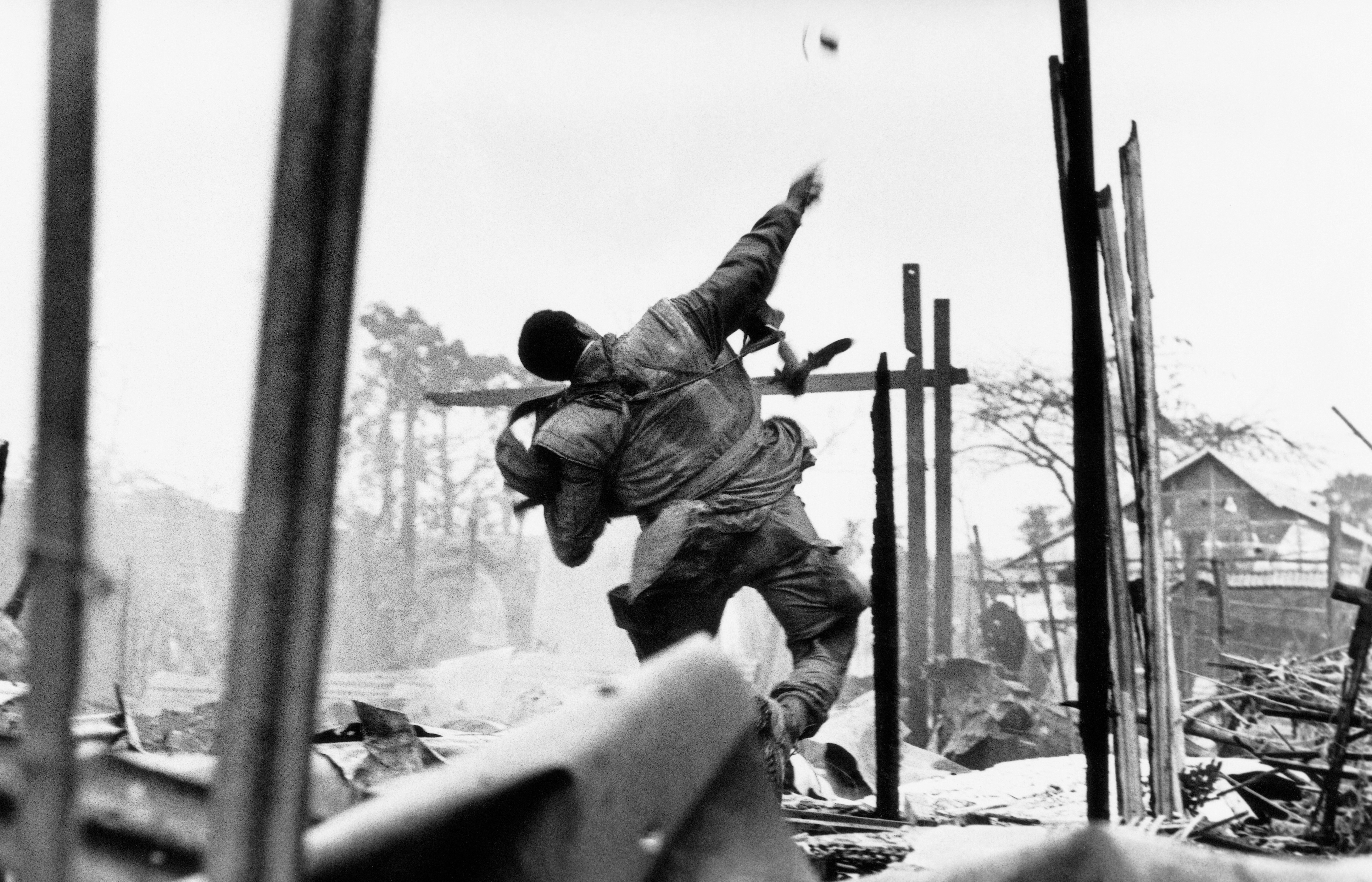
In 1964, shortly after America engaged in military actions to thwart a communist takeover, McCullin traveled to Vietnam with nothing but his Nikon, forgoing protective gear. “I aimed to excel. I would dash across battlefields unprotected, totally reckless at times,” he admits.
Eventually, he did acquire protective equipment, yet he preferred to work independently. “I wouldn’t collaborate with writers either,” he states.
McCullin stands alongside three other British photographers recognized for their impactful work throughout the Vietnam War: Larry Burrows, who tragically lost his life in 1971 when a helicopter he was on was shot down; Tim Page, who endured multiple injuries yet lived until 2022; and Philip Jones Griffiths, a Welsh photographer known for his poignant portrayal of the Vietnamese people’s suffering, who passed away in 2008.
McCullin holds a critical view of some peers; he describes Page as a “maverick” with more of a chaotic lifestyle than a dedicated photography approach. He acknowledges Griffiths’ talent but mentions his pronounced anti-American sentiments stemming from his socialist views.
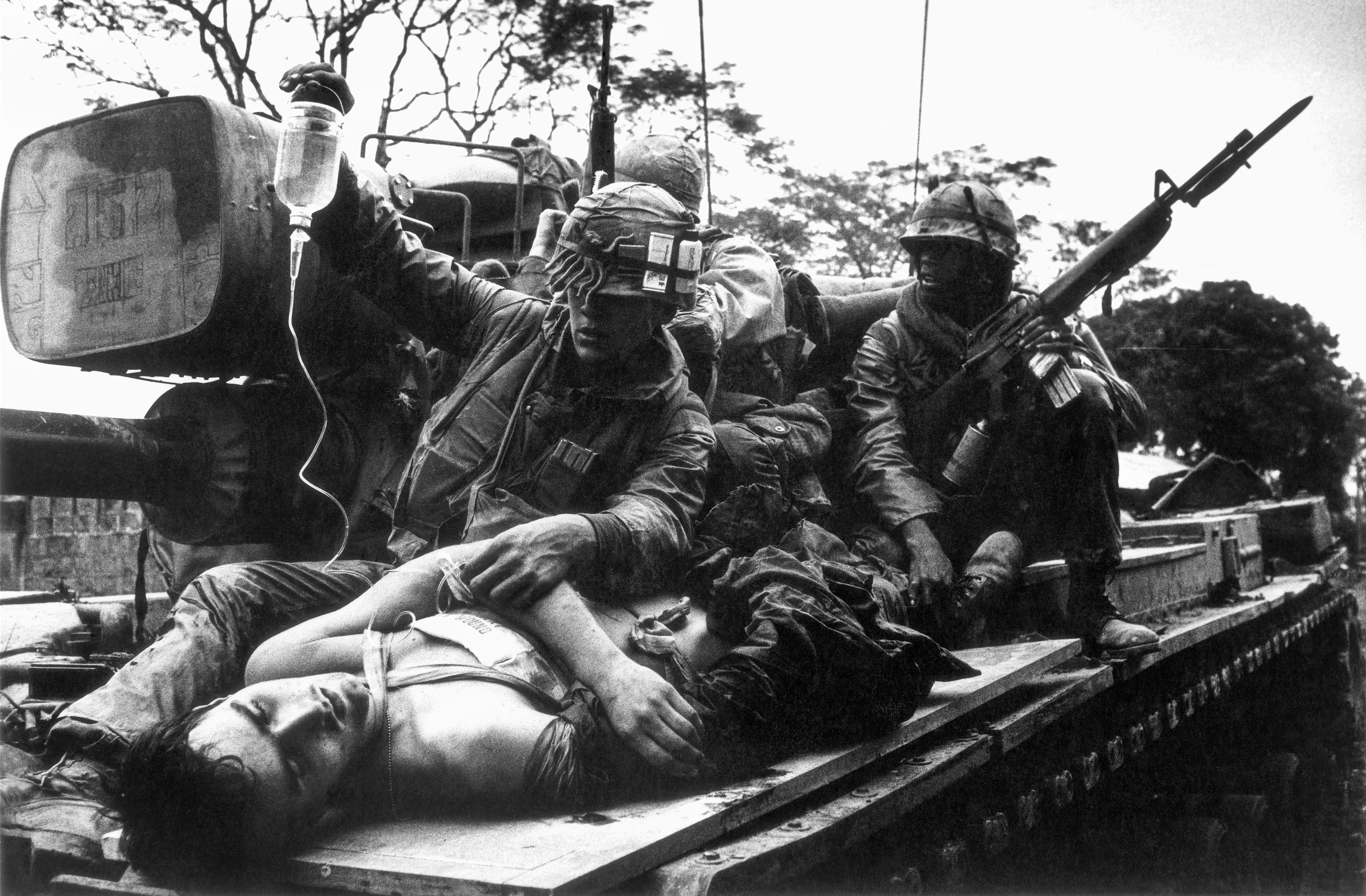
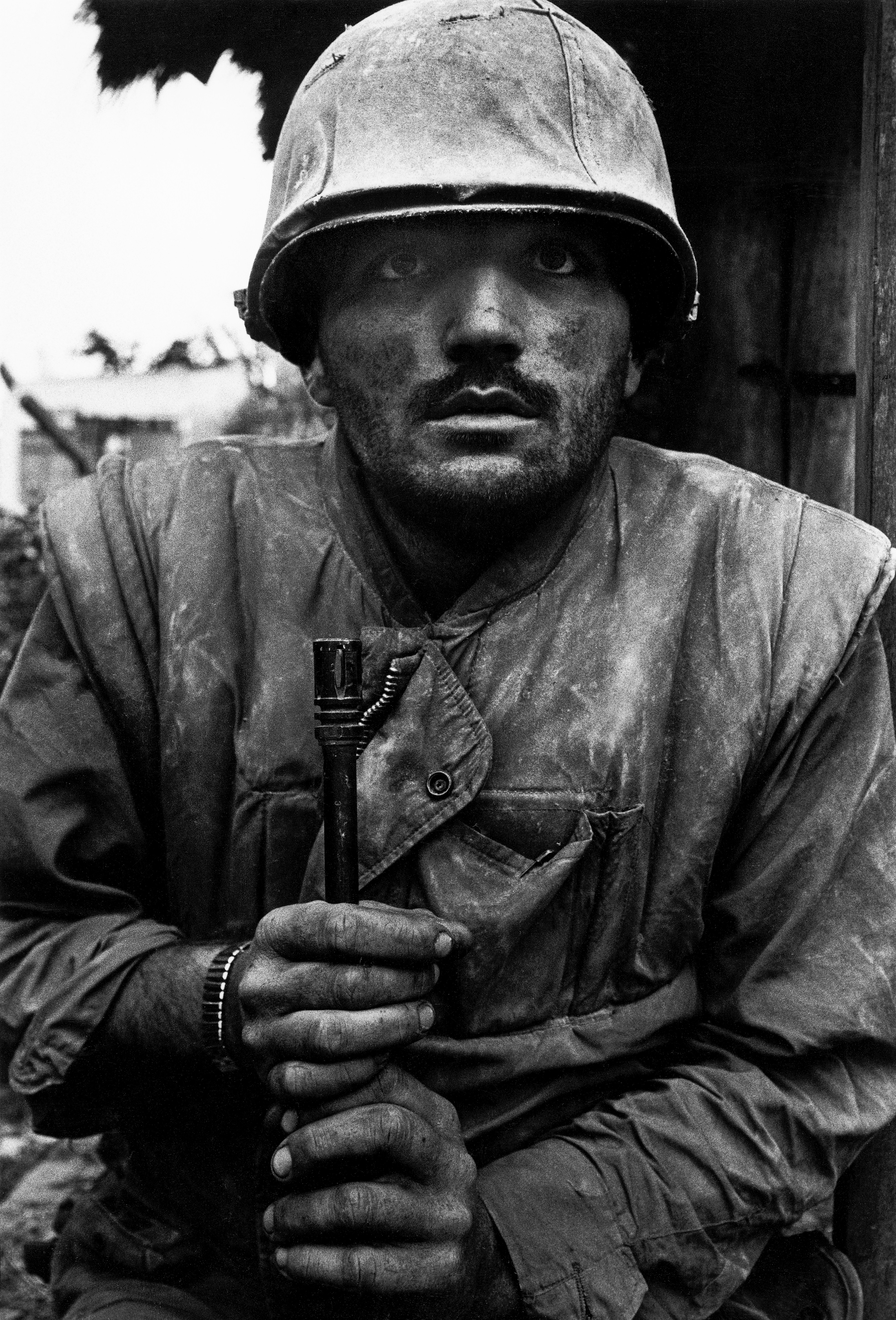
Remarkably spry for his age, McCullin dons casual attire and welcomes visitors into his home, a limestone structure. Having shifted from war zones, his current focus centers on local landscapes in the Mendips, capturing them with his characteristic dark tones. He is also cataloging the remnants of the Roman Empire and expresses pride in his latest publications on the subject.
He believes his sharp eyesight has driven his success. “My eyes are quick and perceptive; nothing escapes them. I observe things others miss,” he claims.
However, even his once-vibrant eyes have faced difficulties: a tumor removal required significant stitching on one, and he nearly lost vision in the other after an accident while photographing a Roman tomb in Turkey.
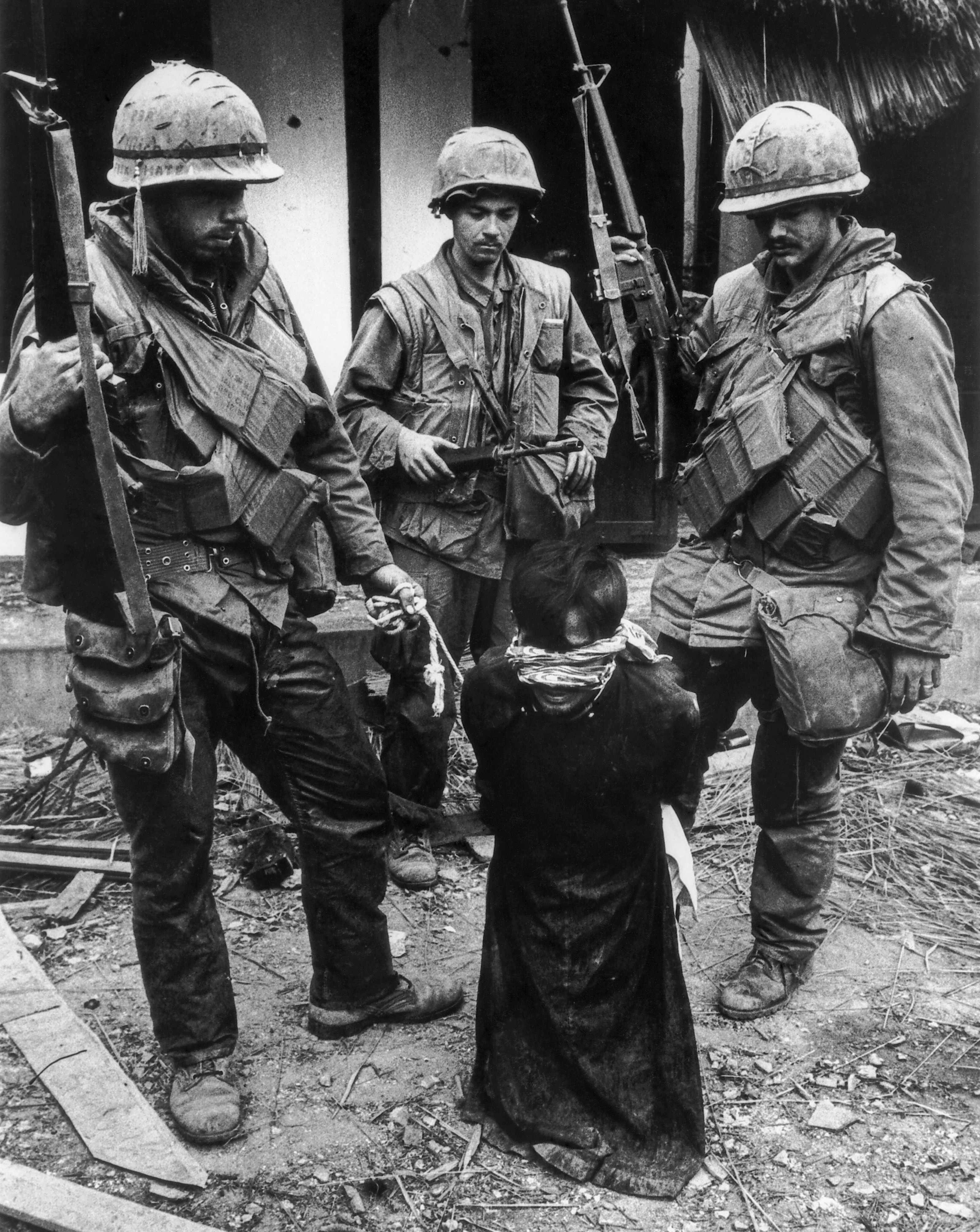
“As I was walking, a branch whipped back and struck my eye,” he explains. “A fraction more, and I would have lost it.”
In recent weeks, McCullin was honored with the Bodley Medal from Oxford University for his outstanding contributions to photography and journalism, adding to a collection of accolades that includes a knighthood awarded in 2016.
He feels unease with these recognitions, admitting, “I struggle with impostor syndrome. Awards make me uncomfortable.” He contrasts himself with celebrities, bemused that they chase such honors believing they’ll boost their lives, while nothing equates to true experience.
Married to travel writer Catherine Fairweather, with whom he has a son, McCullin wrestles with guilt over the toll his career took on his loved ones during his absence. His first marriage ended with the passing of Christine, who died after they divorced, and he has children from different relationships.
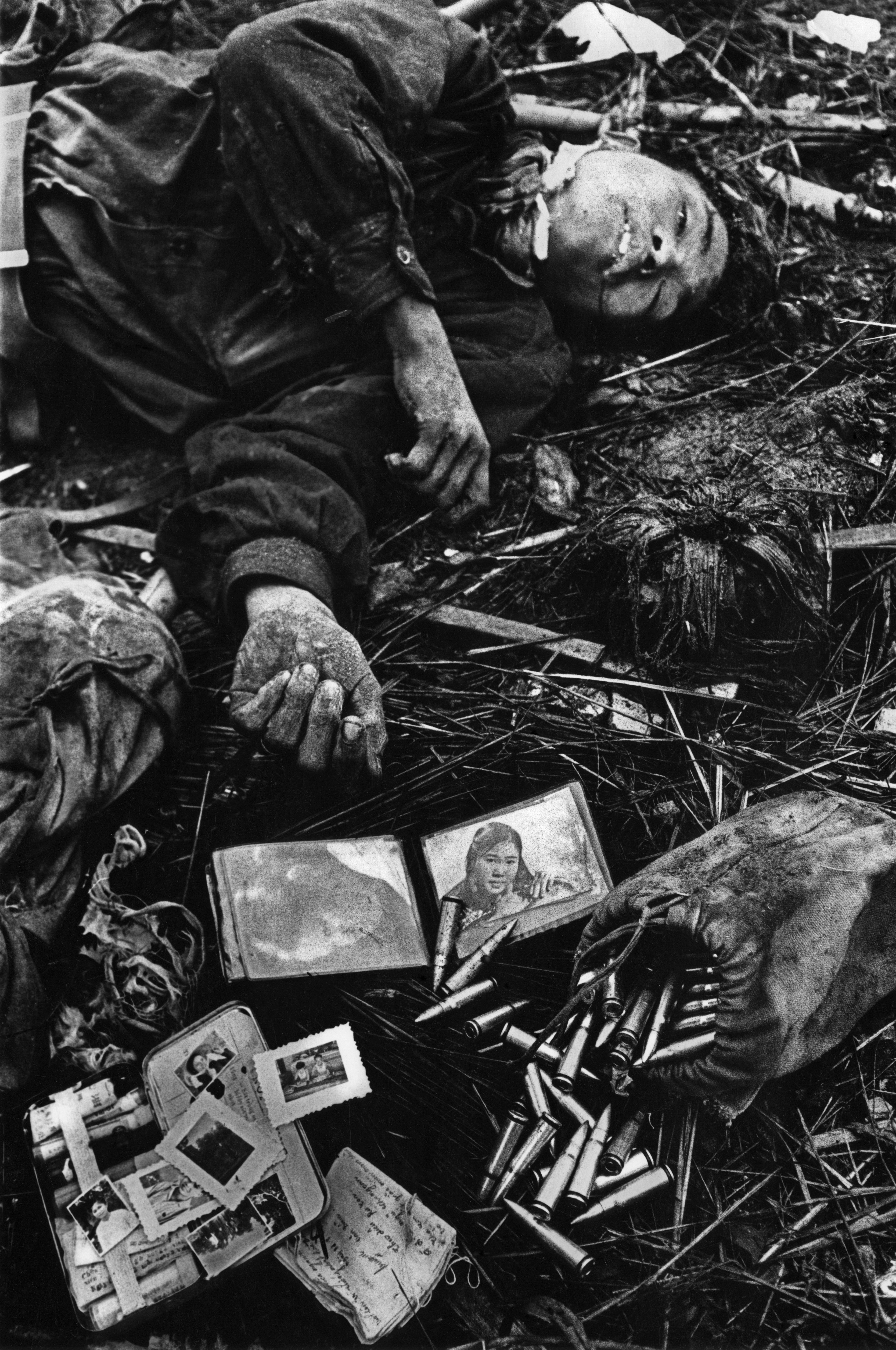
“War photographers endure significant challenges in relationships,” he reflects. “Choosing this path was selfish. There was an undeniable adrenaline rush — we were chasing a high.”
He grapples with the ethical dilemma of capturing people in distress: “Photographing the wounded feels exploitative. You’re essentially taking something from them.”
A mortar explosion in Cambodia gifted him partial deafness but also left a man mortally wounded; he recorded the tragedy as reality unfolded before him. “It sounds despicable, I understand, but being in pain myself, I wanted to convey that raw truth,” he admits.
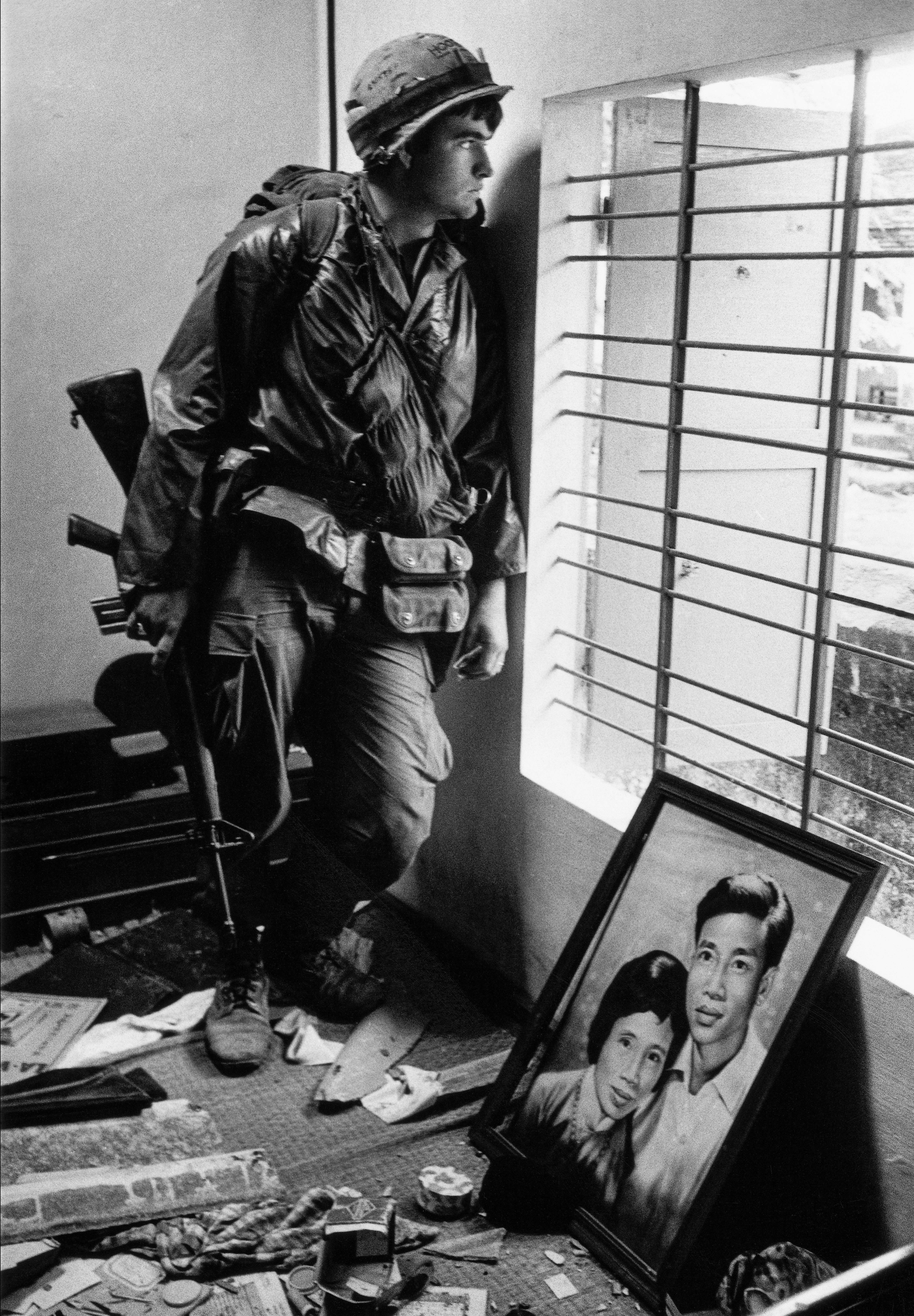
His poignant photographs from during the Biafra famine illustrate potent messages: “I want you to see their eyes holding you accountable.”
Growing up in a modest background without luxuries, he believes he possessed the necessary perspective to portray suffering artfully. However, after numerous health setbacks, he contemplates stepping away from photography. “I’m ready to retire. I’m done with darkrooms; I’ve shared all I needed to,” he states.
Remembering Larry Burrows
Born in 1926 in London, Burrows was a seasoned war photographer when he arrived in Vietnam in 1961 with Life magazine. He aimed to depict the war through the lens of US soldiers, accompanying them on missions and documenting their experiences. His commitment continued for nine years, ultimately costing him his life when his helicopter was downed over the Ho Chi Minh Trail in Laos in February 1971.
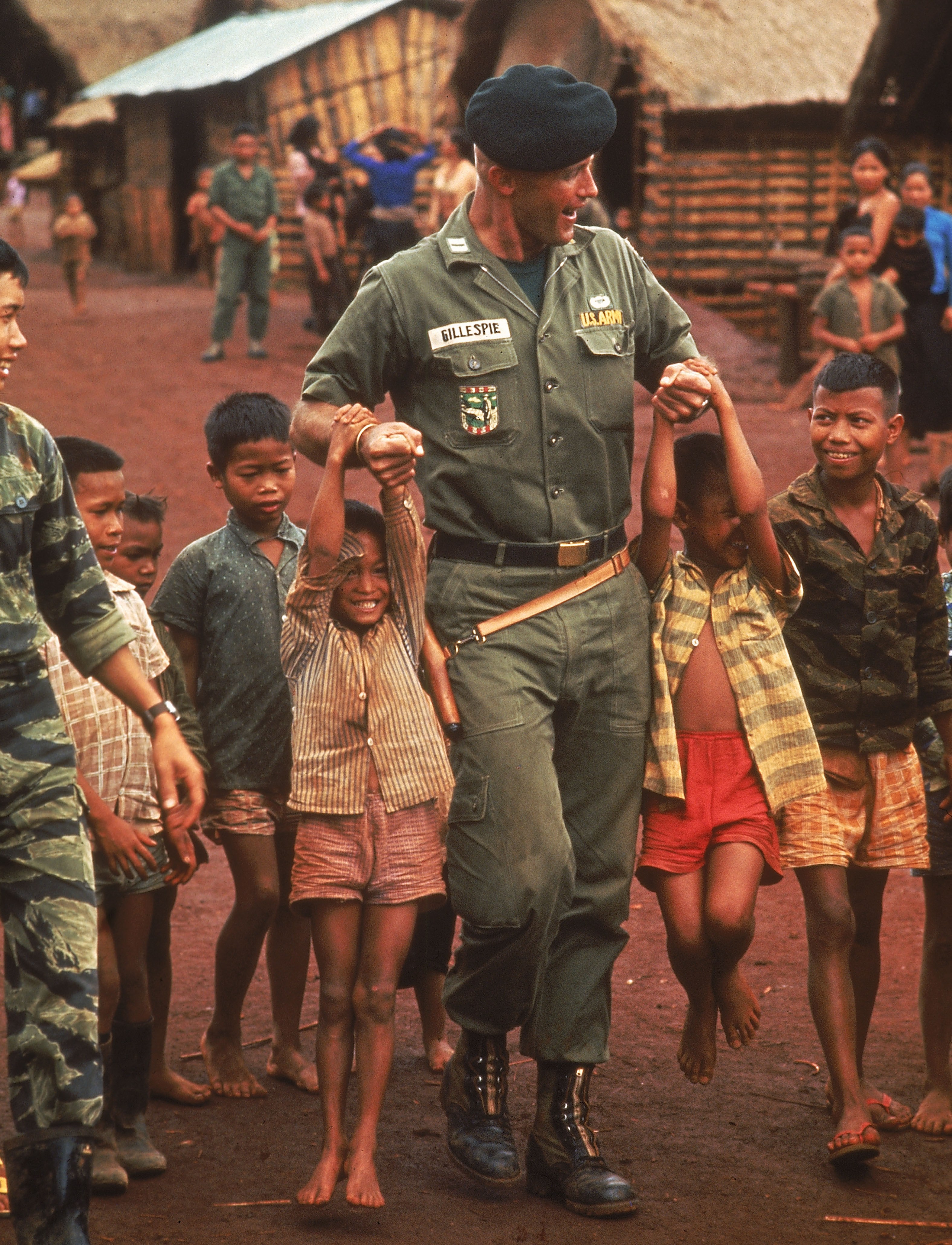
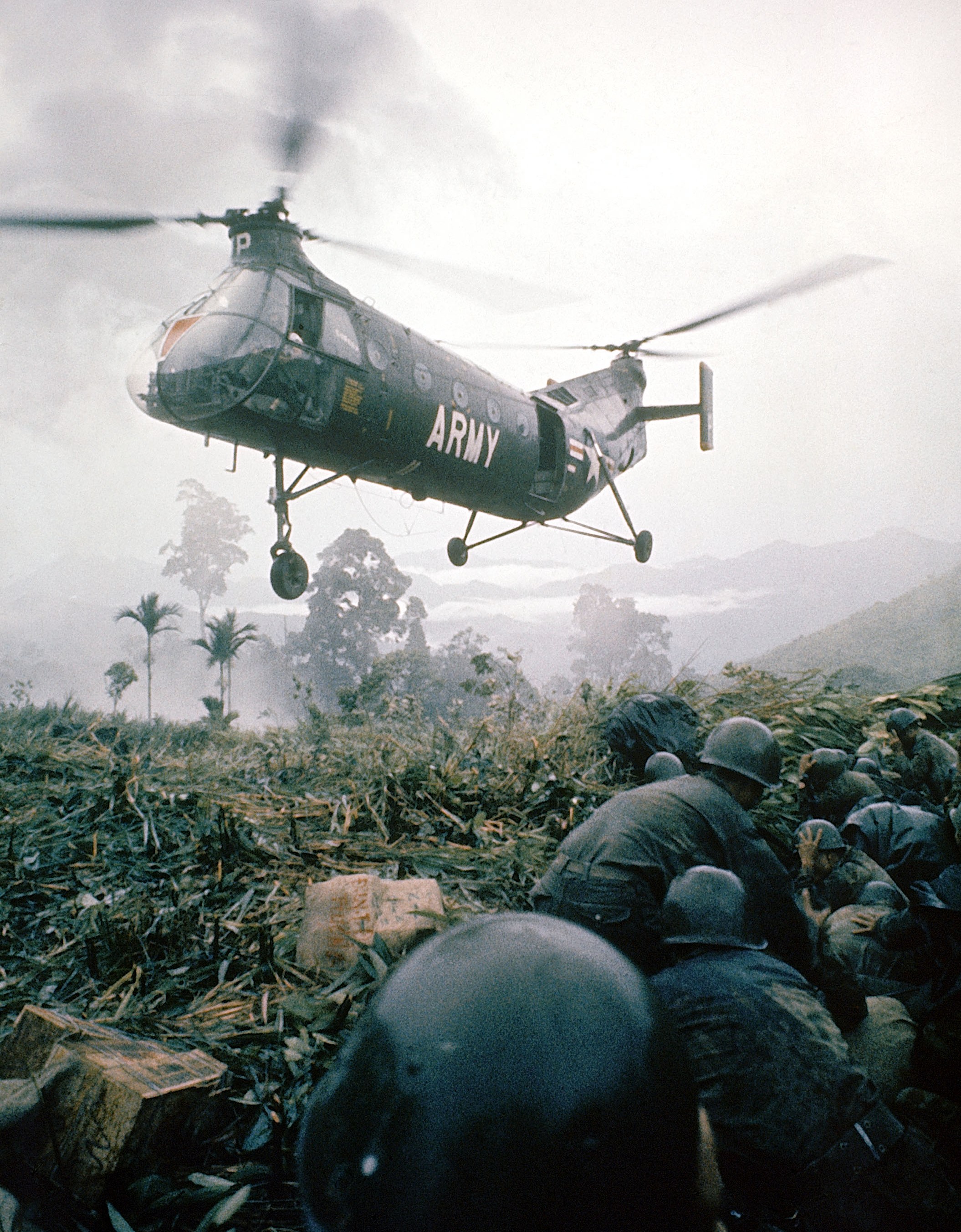
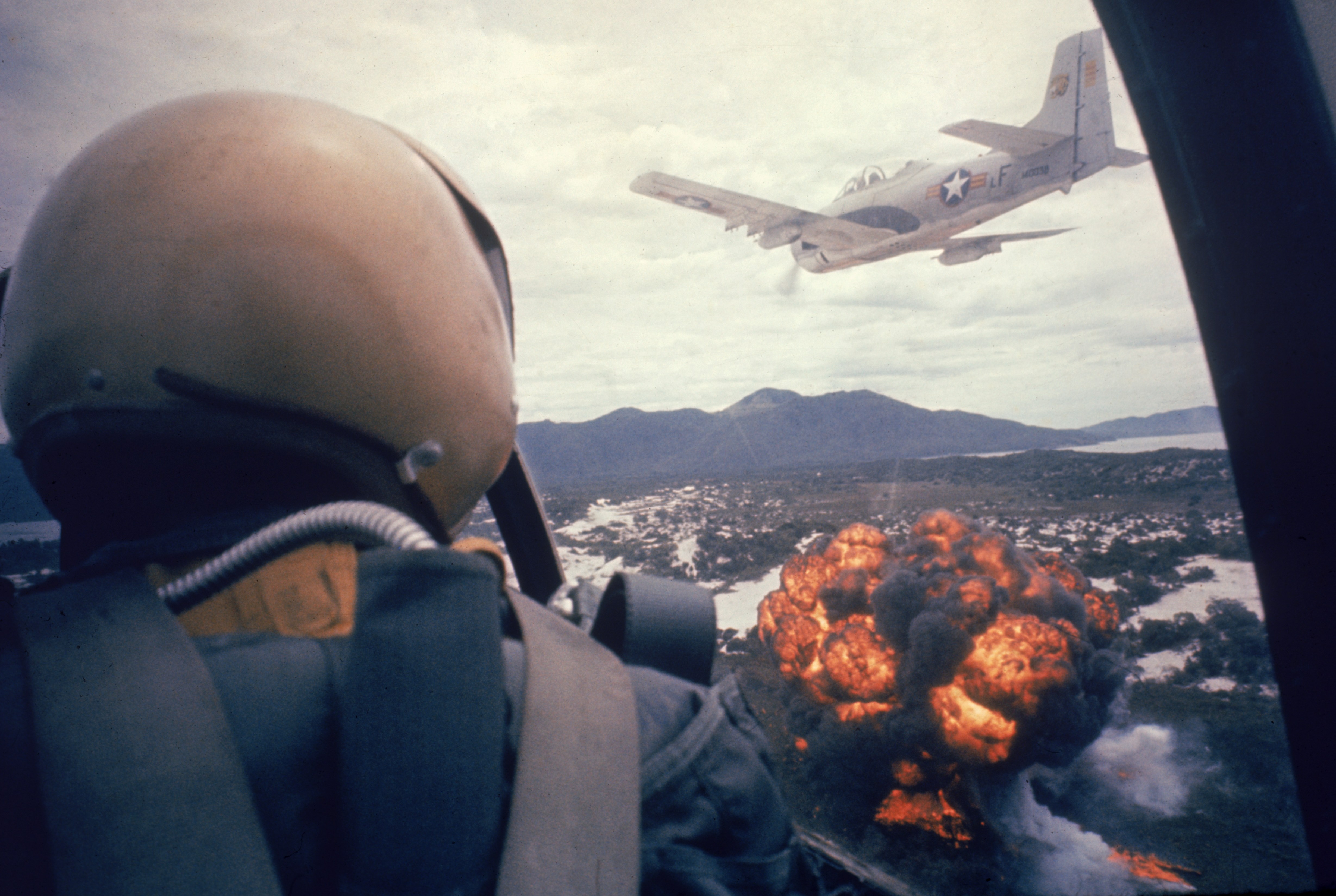
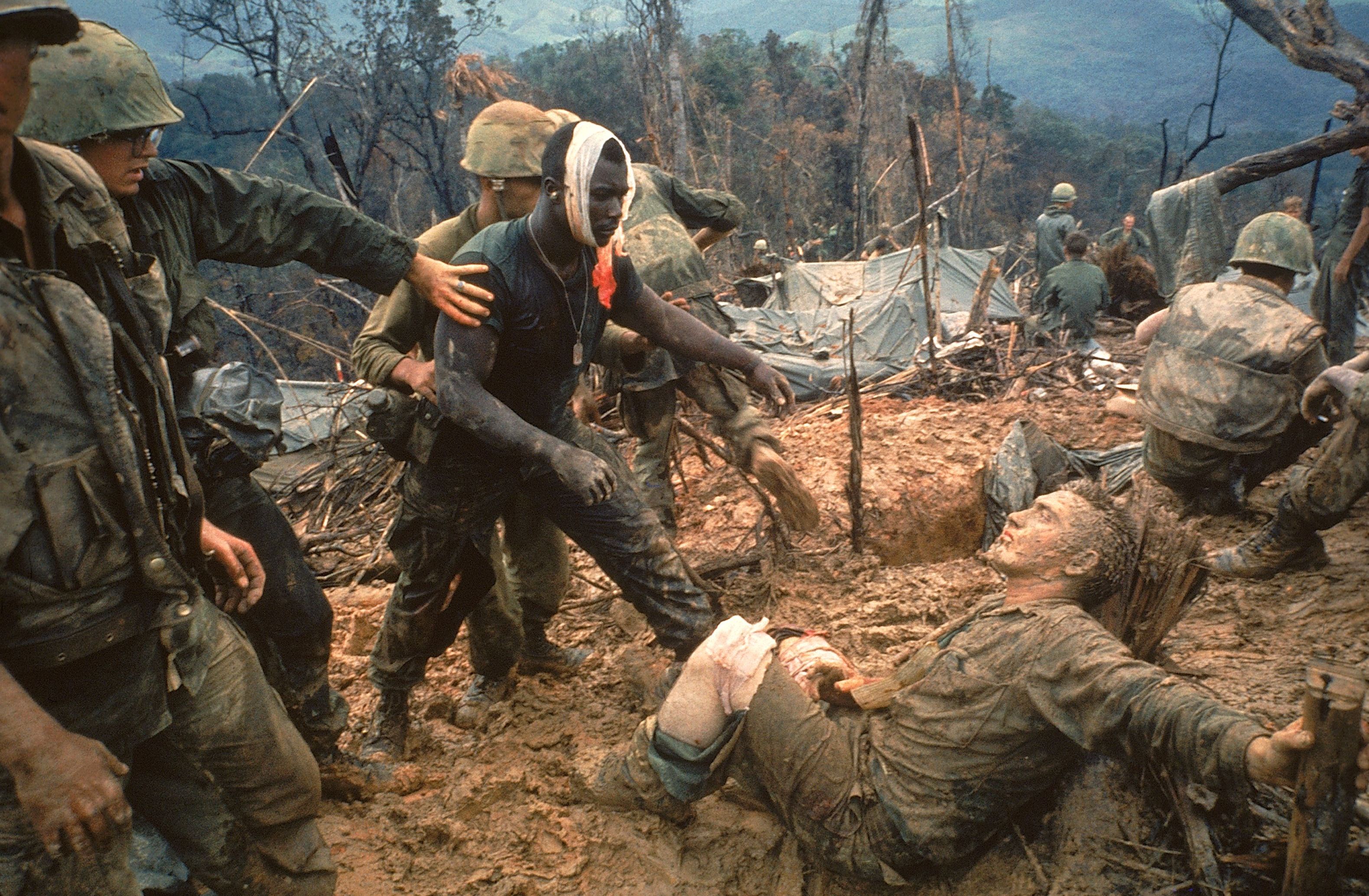
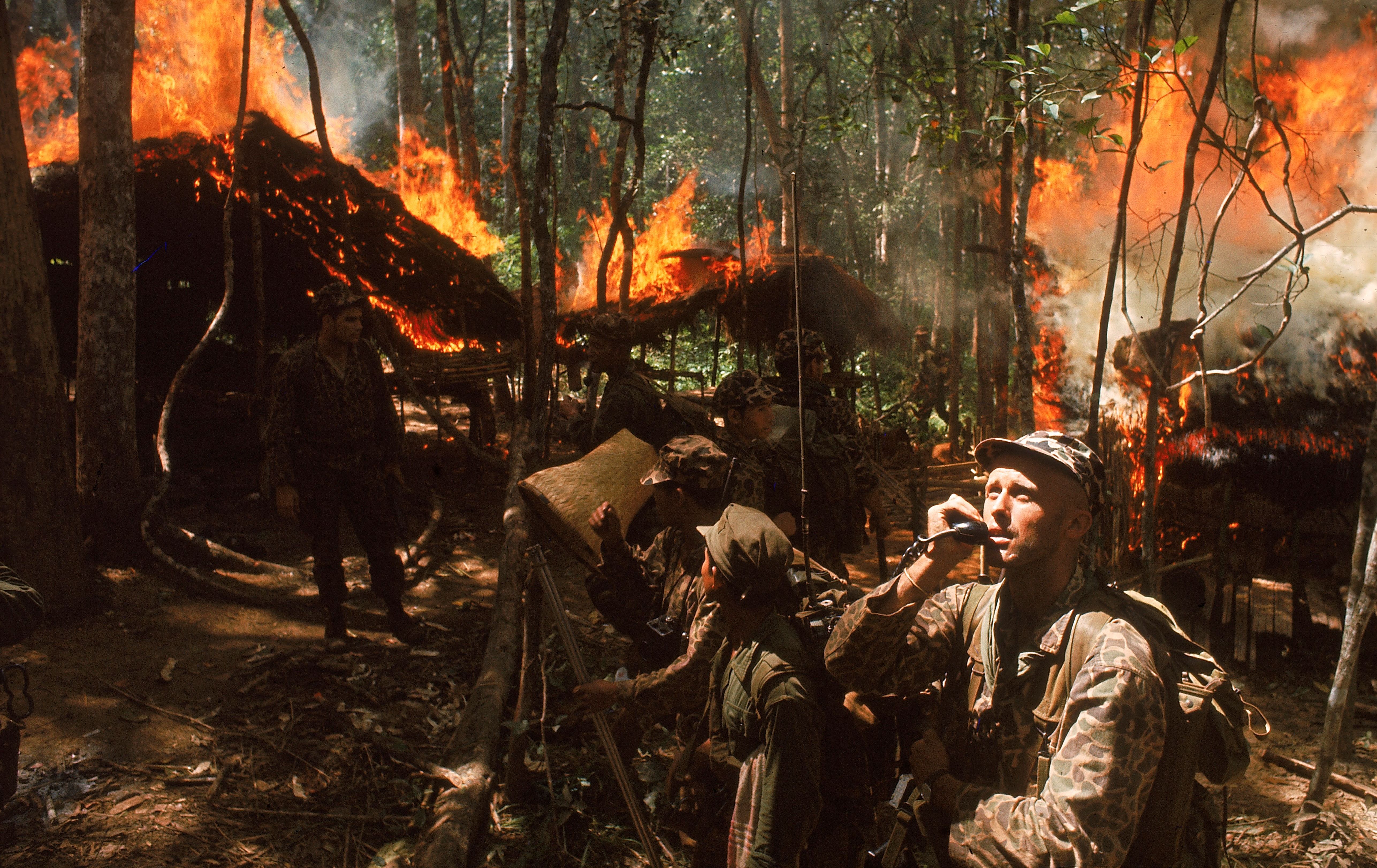
The Legacy of Philip Jones Griffiths
Philip Jones Griffiths, born in 1936 in Wales, became a notable freelance photographer for The Observer in 1961, covering various conflicts including the Vietnam War from 1966 to 1971 via the Magnum photo agency. His focus was on the impact of war on the Vietnamese people. After moving to Thailand, he continued to reflect on the war’s legacy. In 1980, he transitioned to New York as president of Magnum and passed away in London on March 18, 2008.
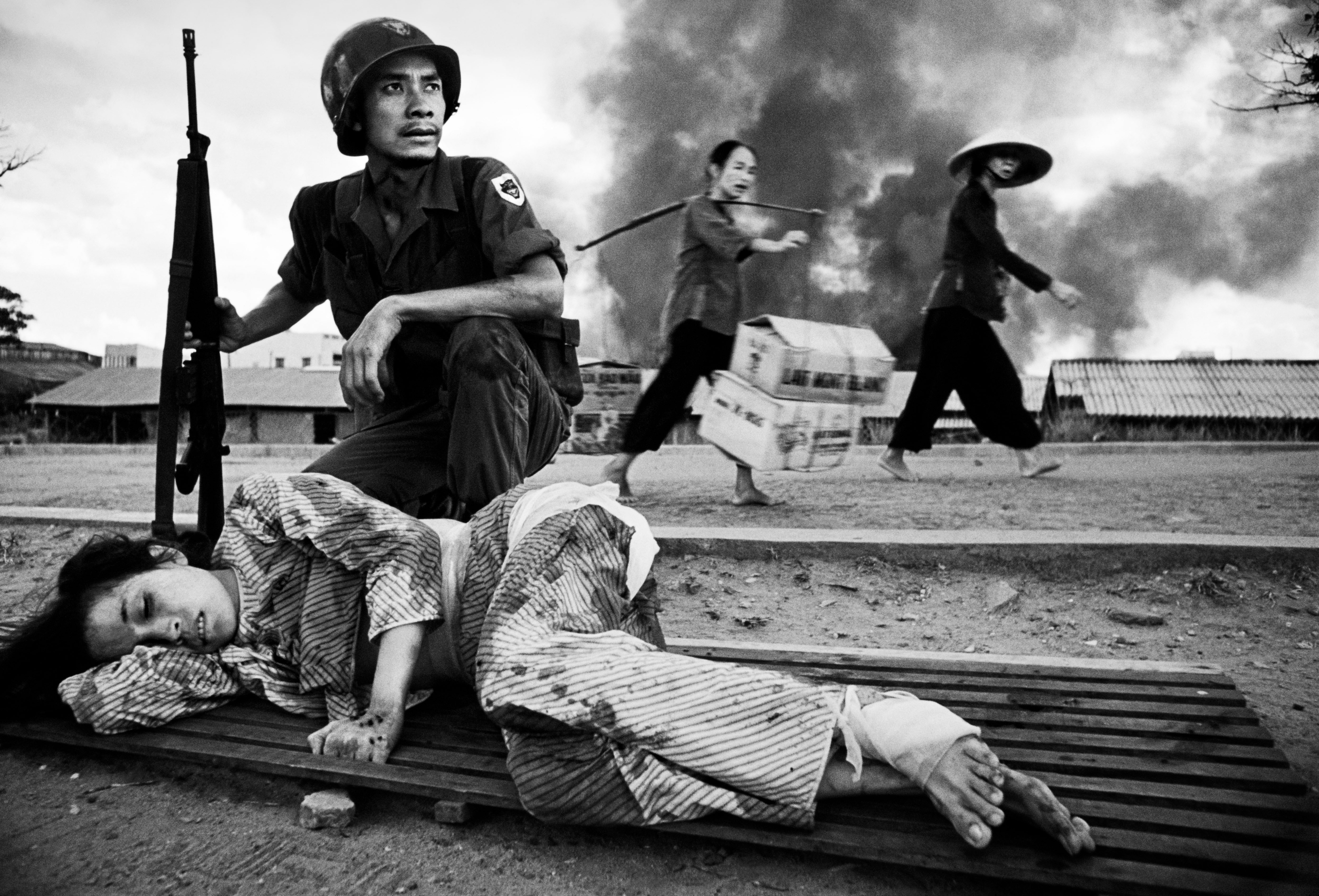
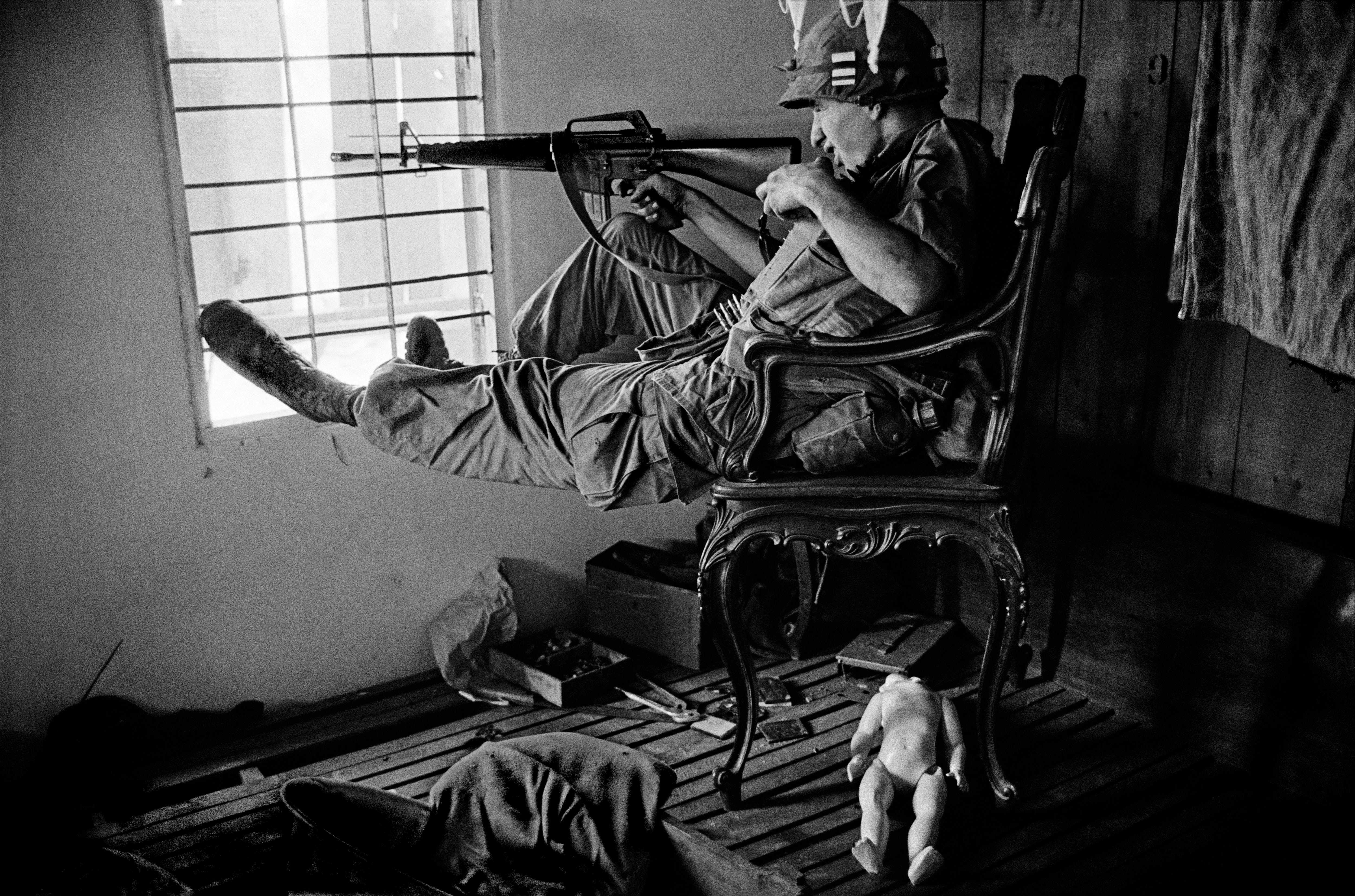
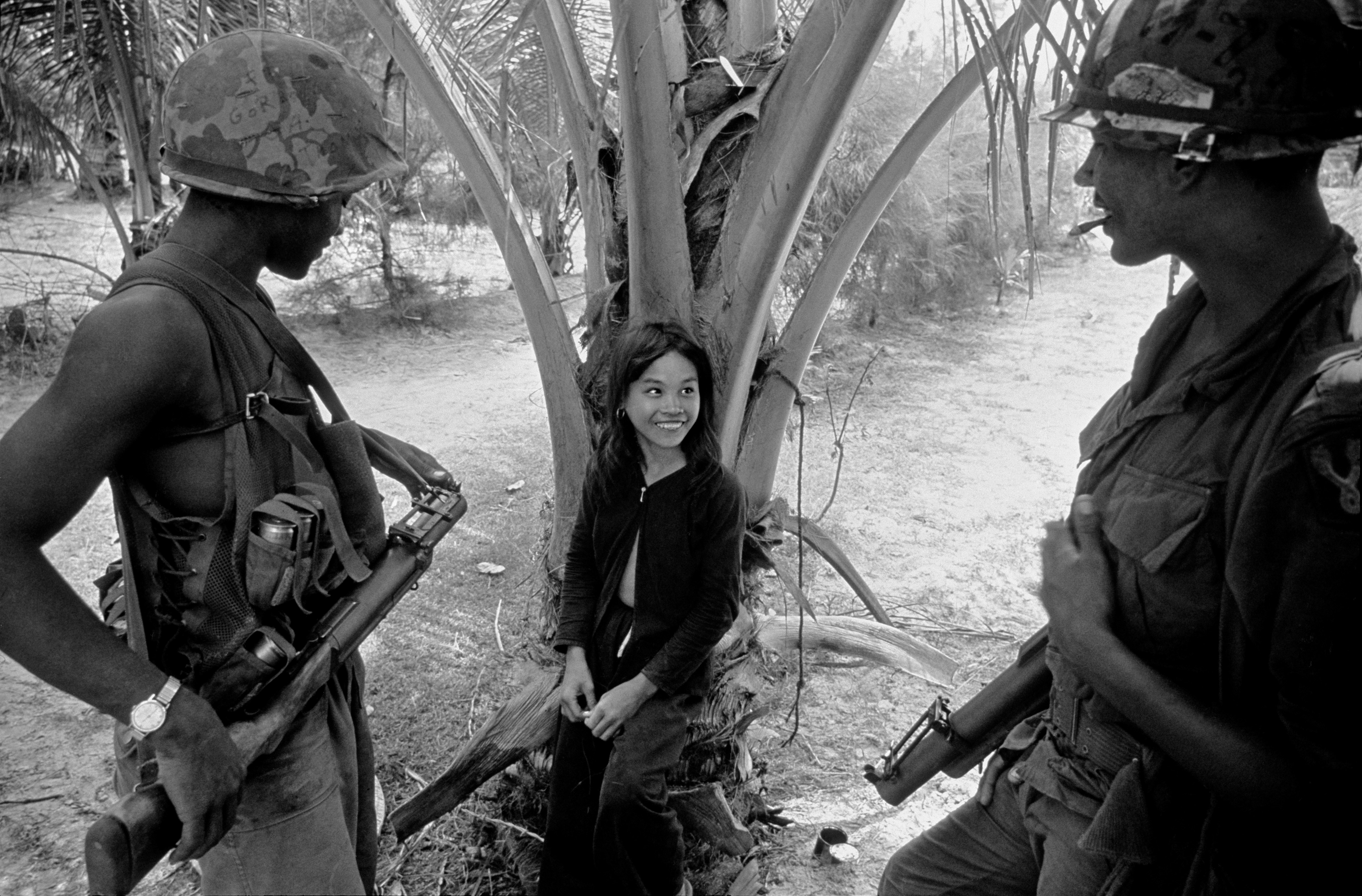
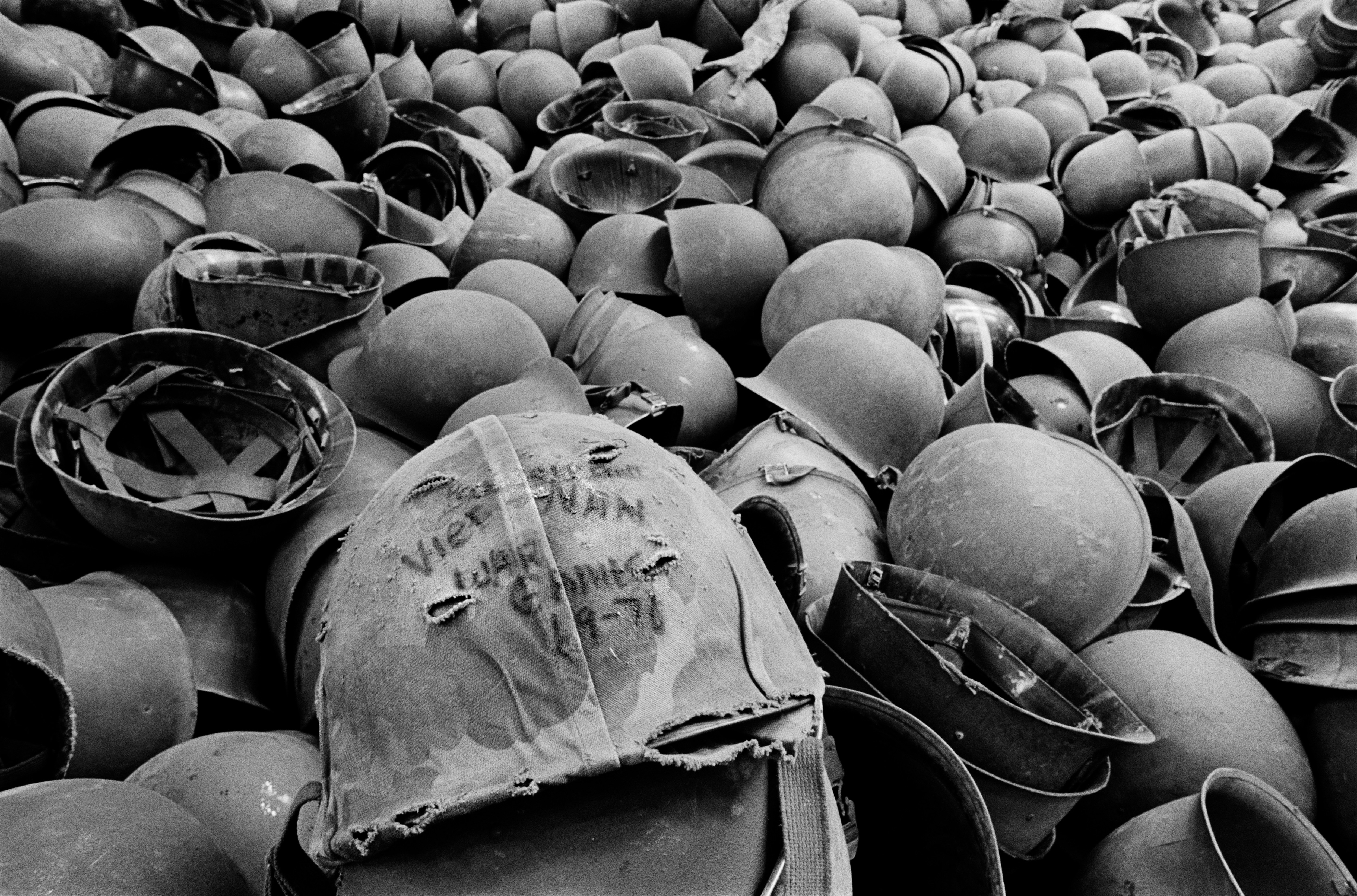
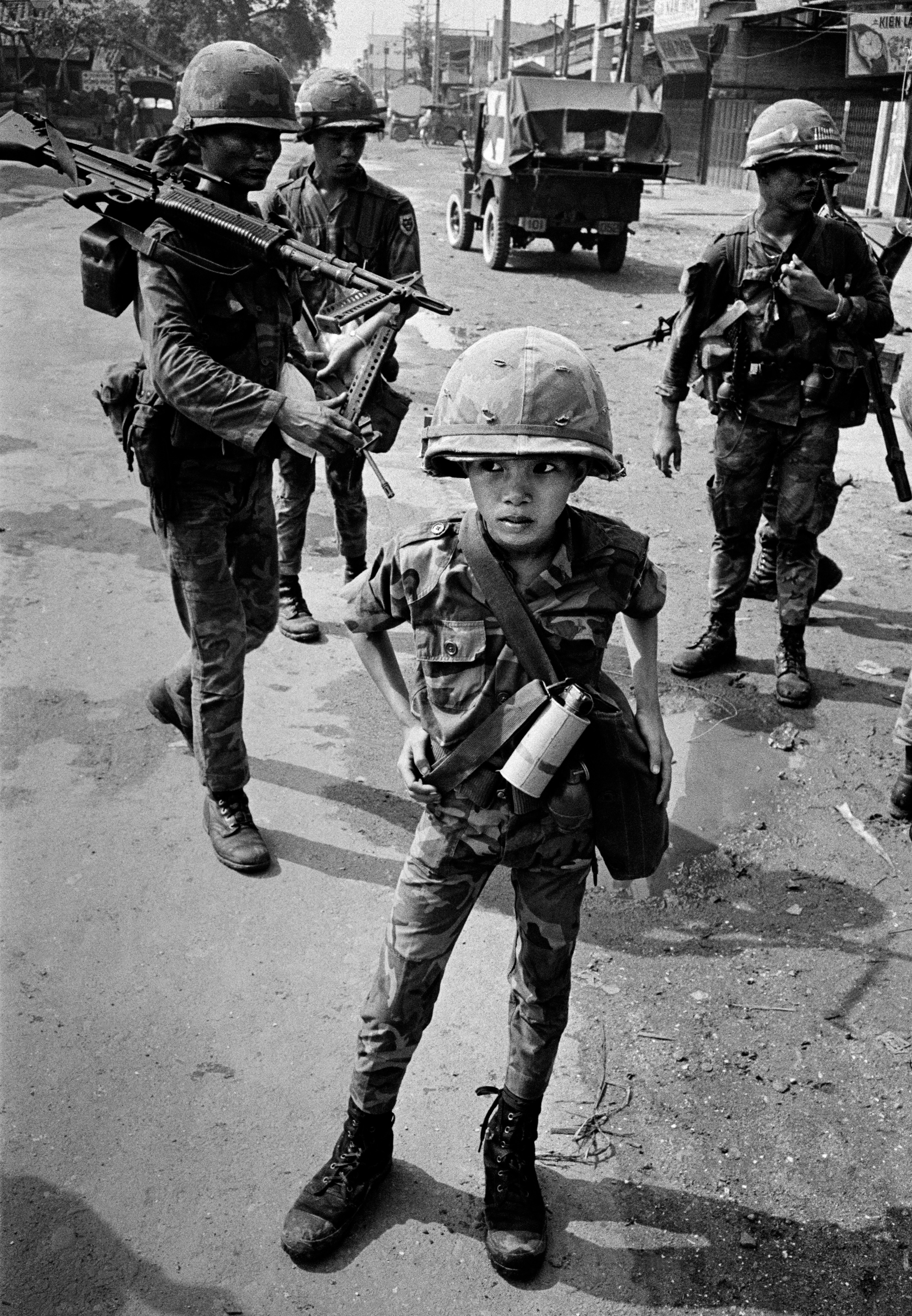
Tim Page’s Journey
Born in Kent in 1944, Page embarked on a global exploration at 17, eventually gaining notoriety in Vietnam as a controversial, gonzo-style war photographer. He was part of a free-spirited group, often dismissed by more conventional photographers. Despite suffering significant injuries, his war experience ended in 1969 after nearly losing his life to a landmine explosion. He continued to advocate against war until he succumbed to cancer in 2022 at the age of 78.
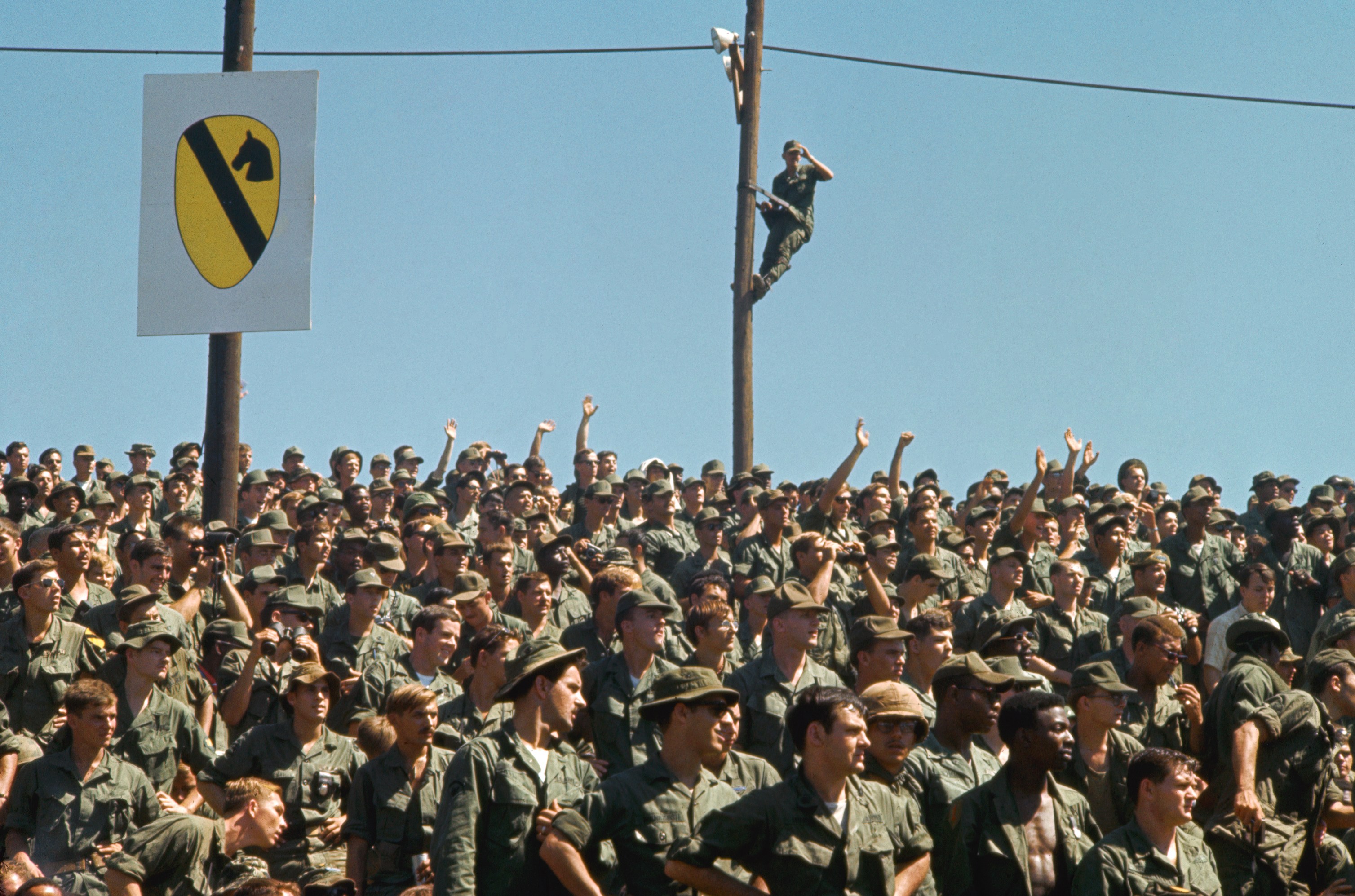
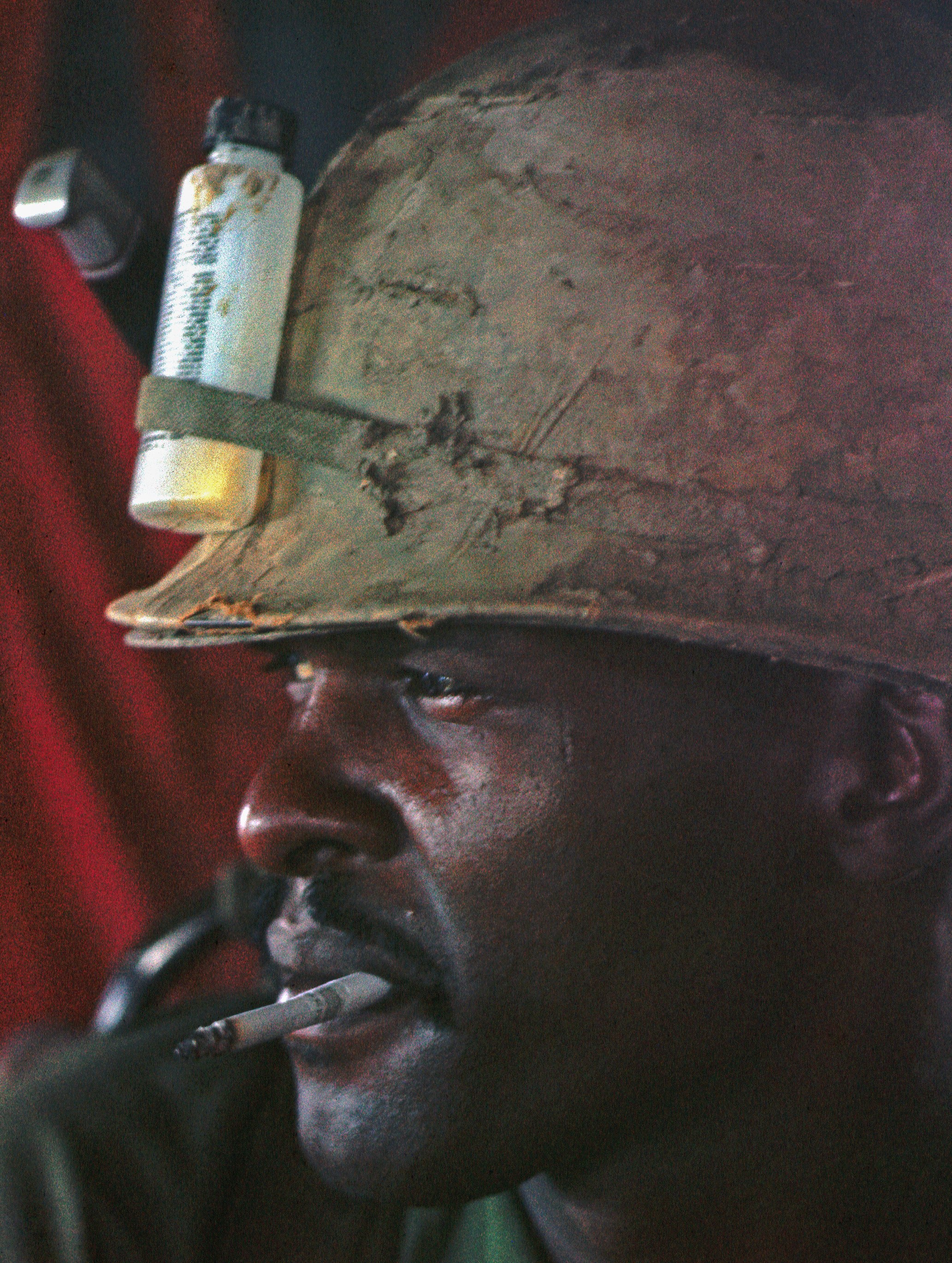
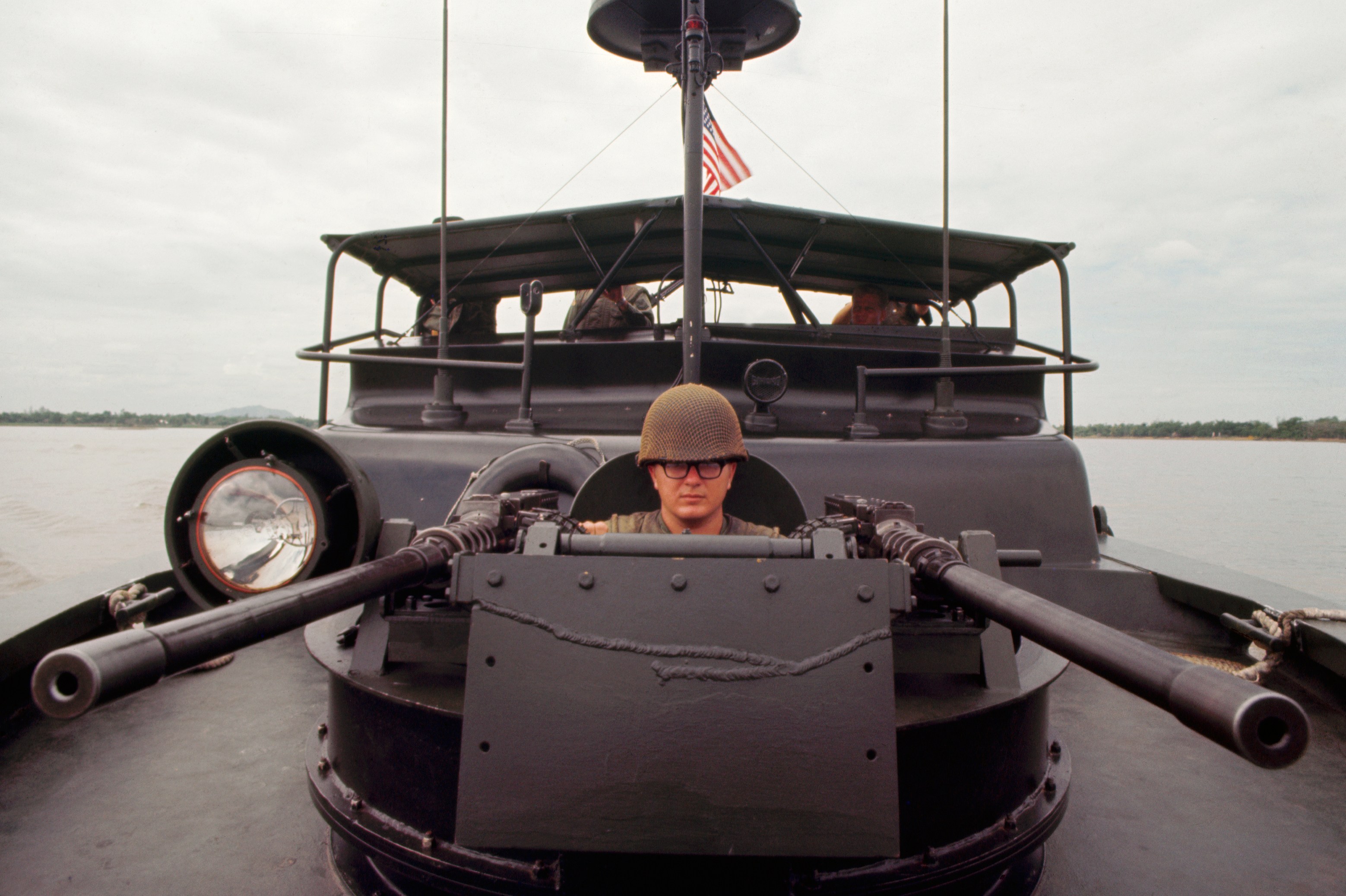
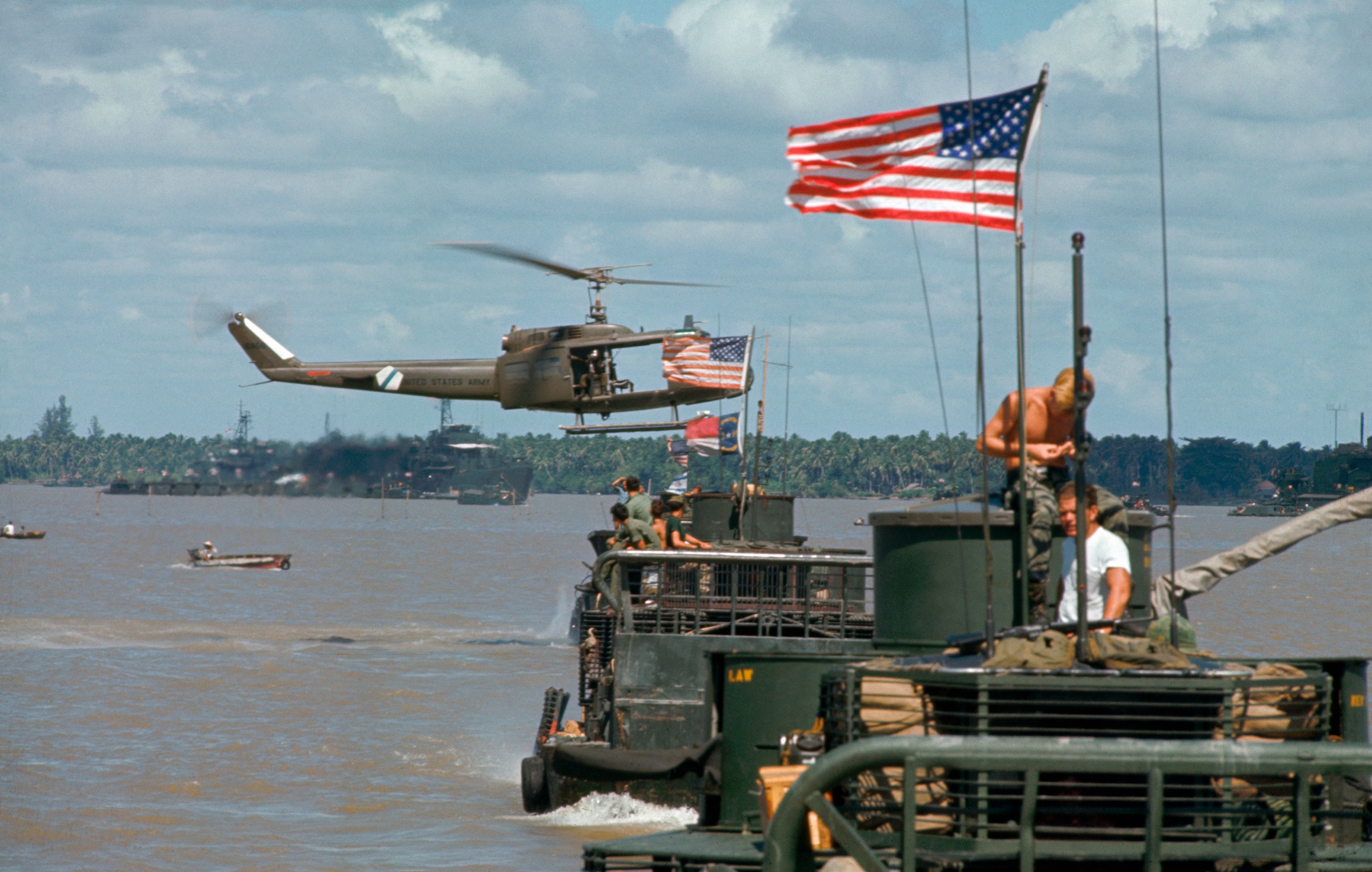
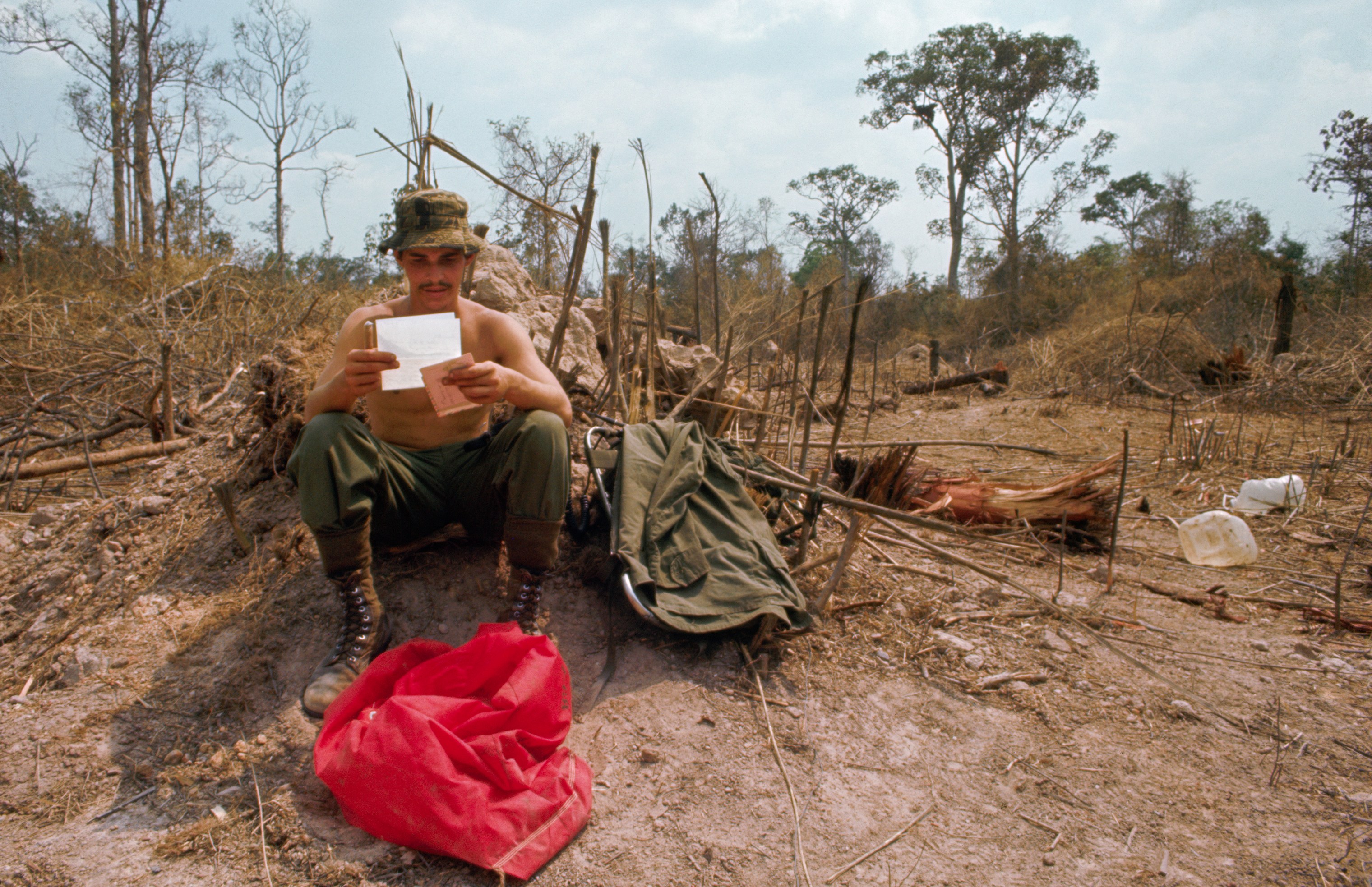
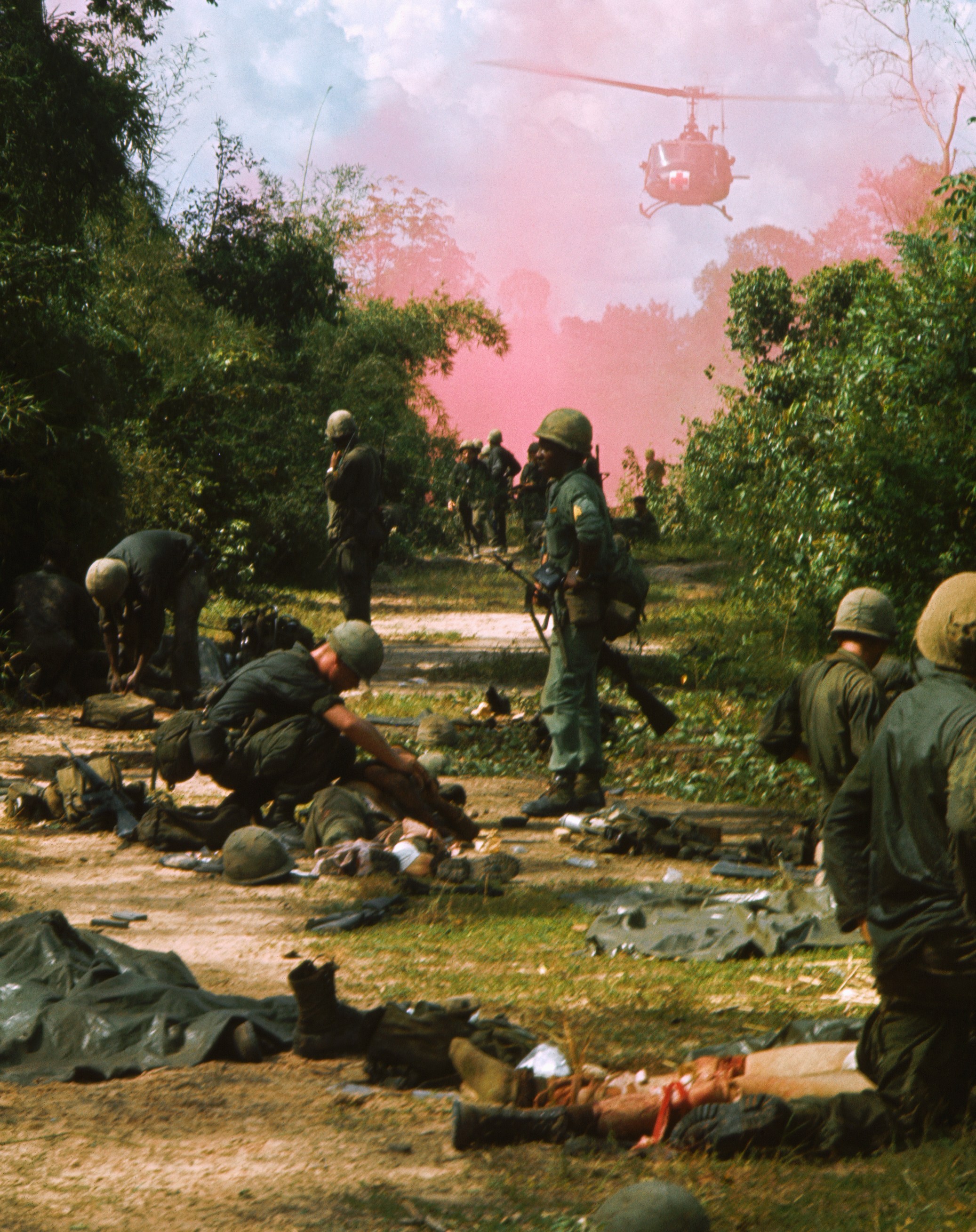
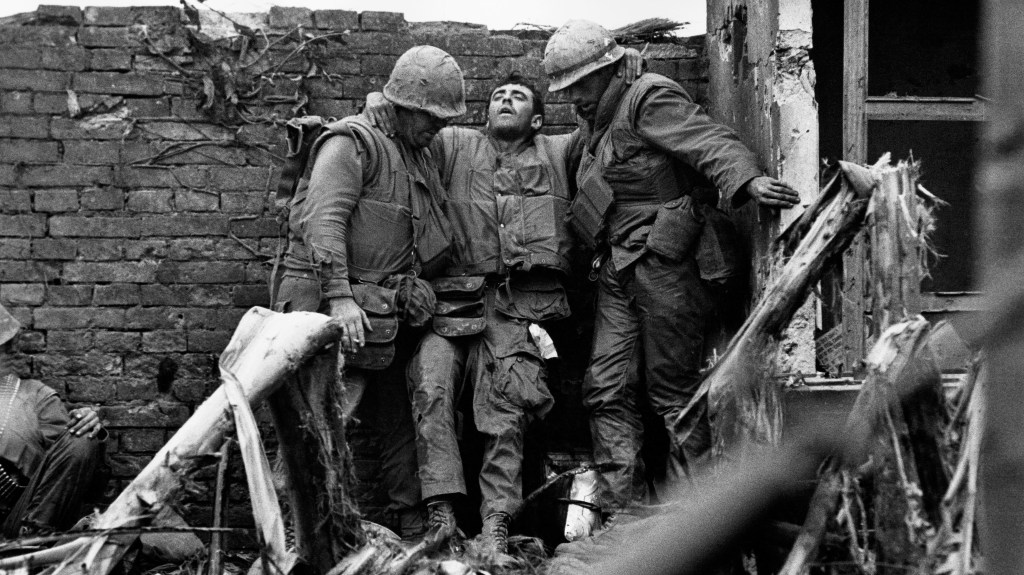
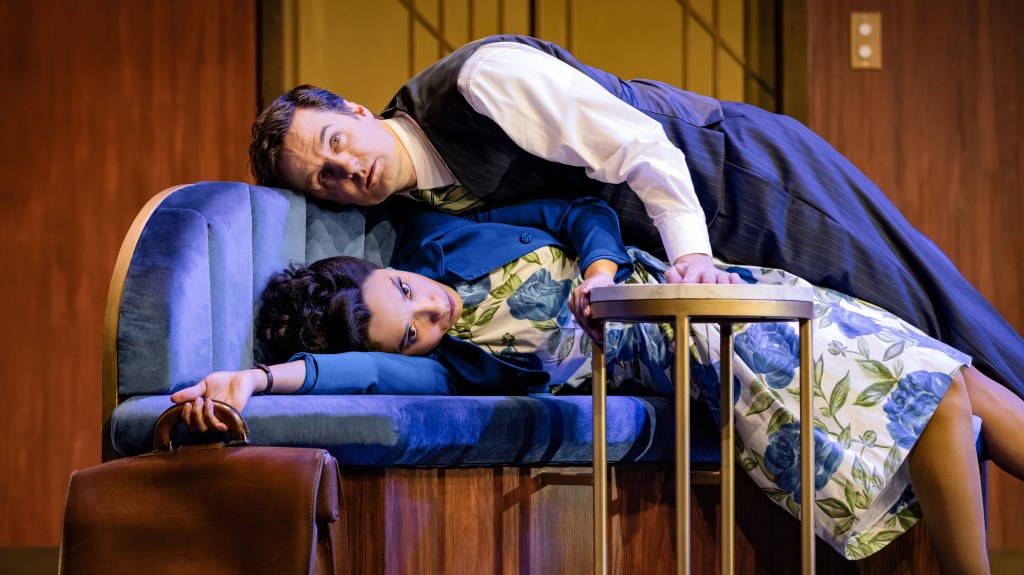
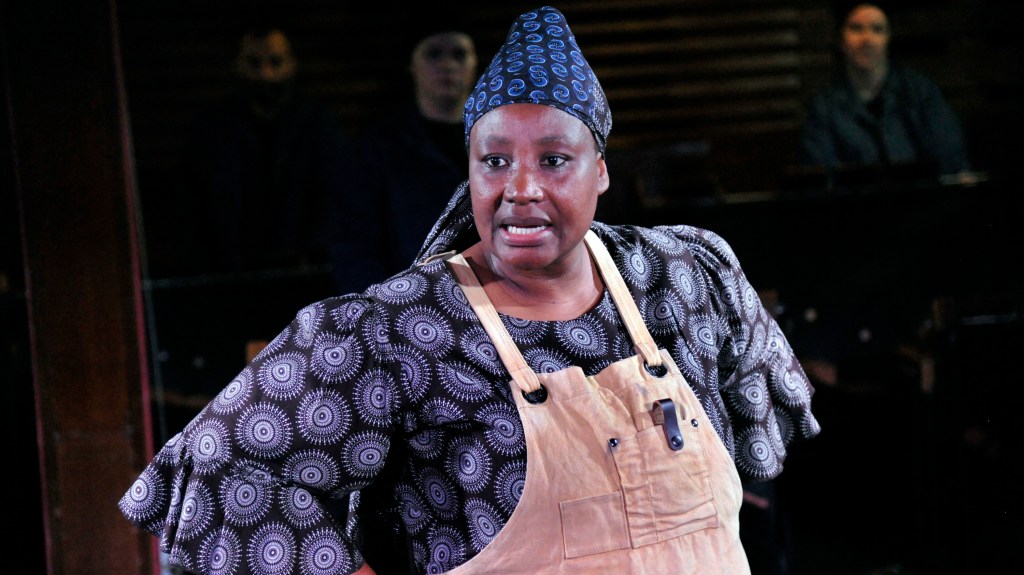
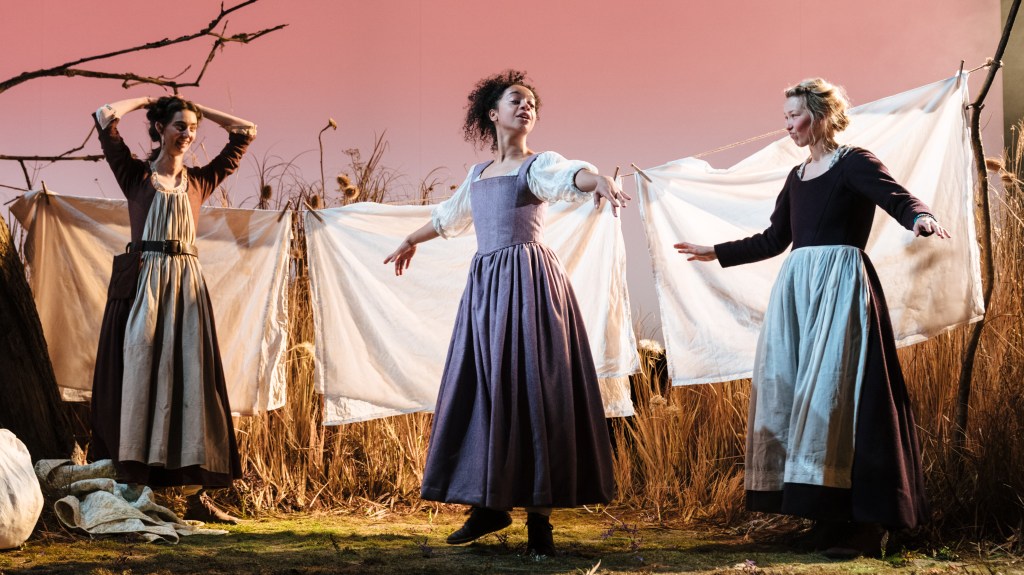
Post Comment